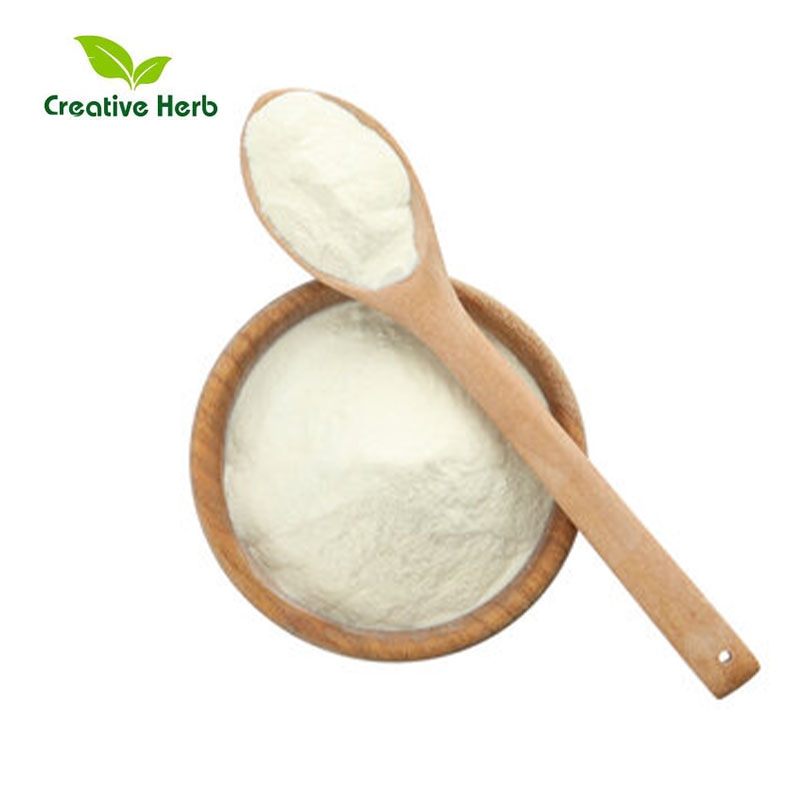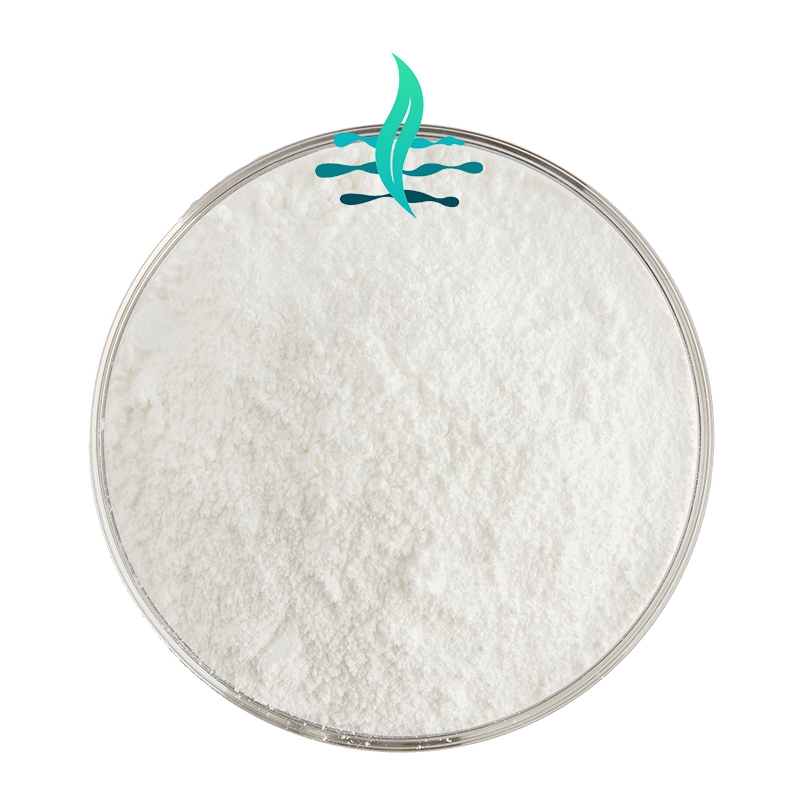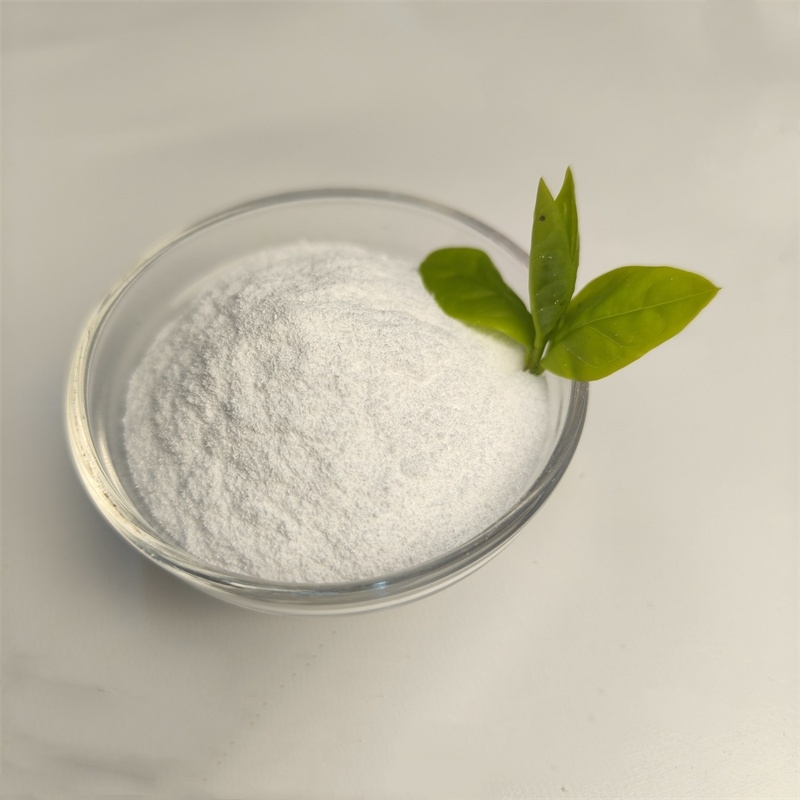-
Categories
-
Pharmaceutical Intermediates
-
Active Pharmaceutical Ingredients
-
Food Additives
- Industrial Coatings
- Agrochemicals
- Dyes and Pigments
- Surfactant
- Flavors and Fragrances
- Chemical Reagents
- Catalyst and Auxiliary
- Natural Products
- Inorganic Chemistry
-
Organic Chemistry
-
Biochemical Engineering
- Analytical Chemistry
-
Cosmetic Ingredient
- Water Treatment Chemical
-
Pharmaceutical Intermediates
Promotion
ECHEMI Mall
Wholesale
Weekly Price
Exhibition
News
-
Trade Service
!--webeditor: page title" -- April 10, 2020 / -- Researchers at the University of Alberta are scrambling to test an antiviral drug that has been shown to treat cat coronavirus and is expected to have the same effect on patients with COVID-19.
s lab has been working as fast as possible to get results," said Joanne Lemieux, a biochemist at the University of New China.
we don't have weekends, and the days pass by day.
we are all working non-stop to get results as quickly as possible.
project is one of 11 projects in which the U.S. federal government has invested $52.6 million in COVID-19 research.
is possible, so a variety of treatments are needed," said Lemieux, a doctor at the hospital.
"After the global outbreak of Severe Acute Respiratory Syndrome (SARS) in 2003, chemist John Vederas, biochemist Michael James (now emeritus professor) and other American scientists studied a mechanism to prevent viruses from replicating in the laboratory.
compound, known as protease inhibitors, was later developed in the United States and tested to stop a deadly virus in cats.
: Now Vederas, Lemieux and virologist Lorne Tyrrell are teaming up with their labs to test inhibitors for the new coronavirus.
"I'm very excited about this research project," Lemieux said.
"It feels good to think we can make a difference."
" protease inhibitors work is estimated to be 5 to 10 percent of all new drugs being developed worldwide.
have been successfully used to treat diseases such as high blood pressure, congstive heart failure, AIDS, type 2 diabetes and even cancer.
COVID-19 is a RNA virus, like many other infectious viruses such as Ebola, hepatitis C, West Nile and poliovirus.
is an enzyme that allows viruses to replicate in the human body.
"When a virus enters a cell, RNA is translated into a peptide -- a long-chain protein -- and proteases cut the long chain into many different parts and then damage the cell," Lemieux explains.
if proteases don't work, the virus can't replicate within cells, so this is a very clear antiviral target," he said.
"Vederas" Faculty of Science lab will produce inhibitors, and Lemieux's lab will determine the crystal structure of the drug after it blocks the COVID-19 protease to see how it works.
Tyrrell will test its effects on viral load in cells cultured in his lab, which has been approved by the federal government to treat deadly pathogens.
the cat virus related to this protease inhibitor, there are several promising phenomena that make U.S. researchers think it will be a suitable COVID-19.
sequencing of the new coronavirus shows that its protease is almost identical to that of the original SARS virus (96% similarity).
researchers note in their study that of the 306 amino acid residues in the chain of SARS-CoV-2 virus 3CL proteases, only 12 are different from SARS, and they are very similar in nature.
Another good sign is that U.S. veterinary researchers recently found that a derivative of the same protease inhibitor can treat cat-borne perititis, a disease caused by coronavirus that is almost always fatal to animals.
"key compounds affect the treatment of all cats or significantly alleviate their condition," the researchers said.
"We're very excited about the effectiveness of the drug and the tolerance of cats to it," Lemieux said, but warned that it still needs to be proven and tested in human trials.
photo source: Lemieux, which turned the discovery into a life-saving product, focused on proteases and other diseases such as Parkinson's disease and urinary tract infections, but now her lab has shut down all projects other than COVID-19.
when I was teaching my courses at university, I tried to teach basic research that could really help us develop drugs," she says.
I tried to get students excited about protein structure and protein chemistry, especially how to inhibit proteases for drug development.
" Tyrrell said pharmaceutical companies may sometimes be reluctant to develop drugs against viruses because they can be transient and can be controlled through public health measures such as SARS and middle-of-the-middle-breathing syndrome outbreaks.
but he says it could be different this time.
crisis, it's critical that virologists turn some of the things we find into products.
U.S. researchers hope to know within the next two months whether protease inhibitors they developed are effective against the COVID-19 virus, Lemieux said.
"Obviously, cats and people are different," Lemieux said.
"We're a long way from developing a drug to treat humans, but I think it's a promising first step toward developing a protease inhibitor drug that can both treat this outbreak and future outbreaks."
" () Reference: 1. Antiviral used to treat cat coronavirus can hold key to COVID-19 (2) John C. Vederas et al. Design, Synthesis, and Evaluation of Oasis for Severe Acute Hughes 3C-Like Protease Based on Phthalhydrazide Ketones or Heteroaromatic Esters. J. Med. Chem. 2007, 50, 8, 1850-1864 Publication Date: March 24, 2007 https://doi.org/10.1021/jm061425k !--/ewebeditor:page--!--ewebeditor:page"--3" Government of Canada funds 49 additional COVID-19 research projects - Details of the funded projects !--/ewebeditor:page.







